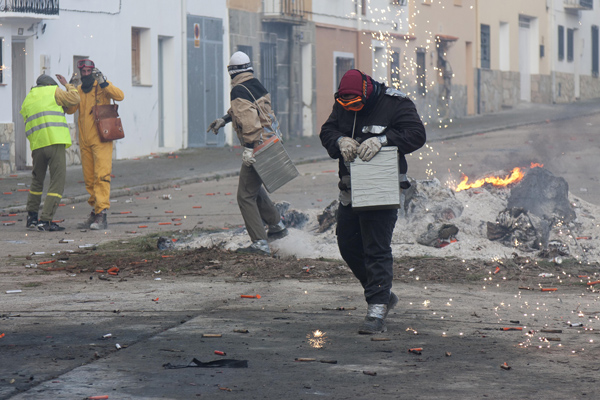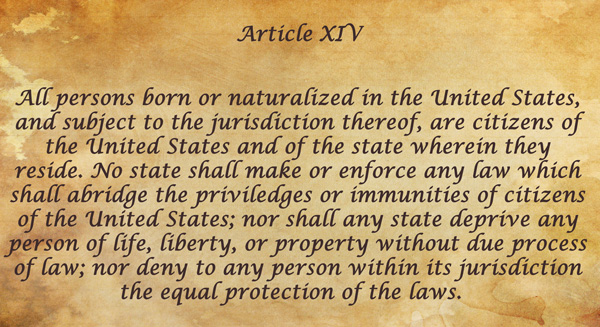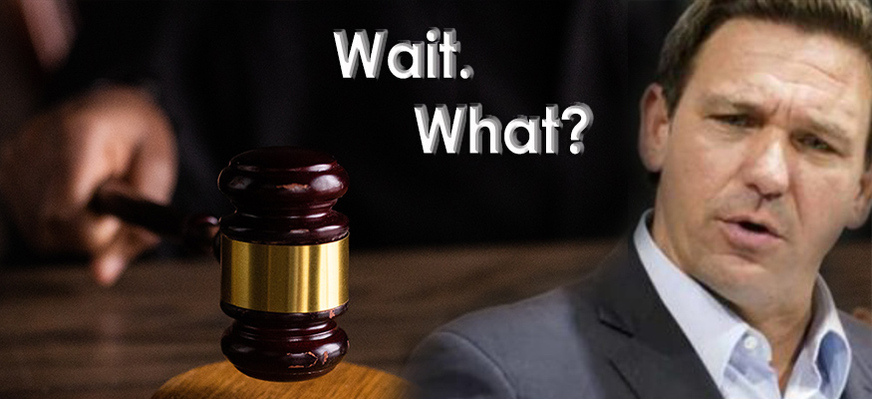On September 9 the United States Chief Judge for the Northern District of Florida (an Obama appointee) ruled against the key provision of Governor DeSantis' strong anti-riot law (Section 15). The essence of this section of the law was to enhance protection of police and property against violent rioting via tougher penalties for transgressors.
 After one year of what has been described in national media as "mostly peaceful protests" in light of the controversial death of George Floyd (protests that claimed over 2,000 assaults on police, over 16,000 arrests, and over $1 billion in property damage), the judge took a stand in favor of what he saw as ostensibly beleaguered social justice activists.
After one year of what has been described in national media as "mostly peaceful protests" in light of the controversial death of George Floyd (protests that claimed over 2,000 assaults on police, over 16,000 arrests, and over $1 billion in property damage), the judge took a stand in favor of what he saw as ostensibly beleaguered social justice activists.
This was not a Solomonic judicial ruling. Rather, it was an example of the type of political bias hiding behind sophistry, discrediting members of our third branch of government and undermining institutional credibility as a whole.
To support this ruling, historical context was provided by reference to civil rights abuses occurring in Florida in 1956 and 1961, wherein "Florida’s anti-riot laws were used to suppress activities threatening the state’s Jim Crow status quo."
In case anyone missed the connection, reference is then made to "protest for racial justice, against police violence and the murder of George Floyd and many other people of color, and in support of the powerful statement that Black lives matter."
The judge then takes more than 50% of a 90-page ruling to argue the plaintiffs had standing (i.e., the right to bring the case). Perhaps he saw a problem?
Nevertheless, he accepted a series of plaintiff documents filled with unsubstantiated assertions in order to reach a conclusion that the anti-riot law would have a material effect on social-community organizations, forcing self-censorship of speech, a restructuring of assets away from protest participation to membership legal education, and even a reticence to join social protests and social activist organizations.

No doubt the framers of the law intended all these consequences, arguing implicitly and explicitly that social rights do not exist without social obligations and responsibilities, that violent or disorderly conduct against other persons and property (whether imminent or actual) is illegal, and that enhanced legal incentives and disincentives in the light of increasing social tensions are an appropriate law enforcement and deterrence tool.
Having granted standing, the judge then issued a preliminary injunction (which can be appealed) on behalf of the NAACP, the ACLU, the Dream Defenders, and a BLM group, ruling the law's definition of the actual word and concept "riot" is "vague and overly broad," impinging the plaintiffs' First Amendment (free speech) and Fourteenth Amendment (due process) constitutional rights.
The First Amendment reference is standard in such cases. More interesting is reference to supposed violation of the due process clause of the Fourteenth Amendment.
Purportedly, the anti-riot law creates the possibility that participants in protests can be penalized without ever having had clarification of what kinds of actions during a demonstration were and were not prohibited legally.
These conclusions are ironic for at least two reasons. First, enhanced surveillance and communications technology of persons (in this context, both police and demonstrators) and property makes it possible to determine who is violent or disorderly and who is not. Body cameras and mobile phones afford both activists and police the opportunity to record social activities.
Second, the charge of "vagueness" the judge applied to the concept of rioting and violence or disorderly conduct can be applied just as easily to the Fourteenth Amendment itself.
The constitutional amendment that persons cannot be deprived of life, liberty, or property without due process of law (which appears in both the Fifth and Fourteenth Amendments), began its life only with reference to legal, procedural issues.

More recently, it has been widened to include substantive due process, allowing activist judges and lawyers to engage in an ever-widening scope of issues and cases.
To bring this wider definition to bear, one must prove only that the applicable law in each respective situation is not easily understood and applied to concrete actions by someone of average intelligence.
Therefore, in the second half of his ruling, the judge undertook a word-by-word, phrase-by-phrase review of the law's definition of "riot" that in its subtlety ranks with former president William Jefferson Clinton's parsing of the definition of "is."
Here is the definition offered by the State of Florida: "A person commits a riot if he or she willfully participates in a violent public disturbance involving an assembly of three or more persons, acting with a common intent to assist each other in violent and disorderly conduct, resulting in: (a) injury to another person; (b) damage to property; or (c) imminent danger of injury to another person or damage to property."
Utilizing several grammar tree diagrams to deconstruct the Florida definition, the judge overturned the State of Florida legislature's use of the common law definition of riots.
In the case of each word/phrase, he purported to show the ambiguities of the English language. To give but one example, the judge spent no less than three pages arguing there is a crucial difference between utilization of the phrase "each other" and "one another."

Similar analyses led to the summary conclusion that the law, as written, made it impossible to determine which participants at any socio-political demonstration were and were not engaged in violent or disorderly conduct, once said conduct had occurred.
This preliminary injunction will defer but will not derail stricter definitions of anti-riot behavior by social activists. Indeed, it will spur refinements. There are currently 90 bills concerning riotous behavior and appropriate penalties being discussed in 35 state legislatures.
Not for the first time, the ruling raises issues associated with judicial review of legislation and elasticity of interpretation of our Constitution. When we speak of federal overreach, it is almost always with reference to either Congress or the executive branch. However, the judiciary is also part of the federal government, and there exist many examples of overreach by this branch.
Indeed, in recent decades, political actors and their legal conquistadors have utilized the lower two tiers of our federal court system (district trial and appellate circuit courts) to shop for sympathetic judges and locales.
Resultant rulings have stayed or reversed many a federal legislative or executive action. Justice Clarence Thomas has remarked on this phenomenon, but the Supreme Court has not acted on it.
Our federal court system works poorly, and mandatory references to our Constitution as the touchstone of most rulings are subject to much creativity with dire need for clarification.
Only an Article V convention as proposed by Convention of States can provide necessary guidance.
Help us make this happen! Sign the petition below.






